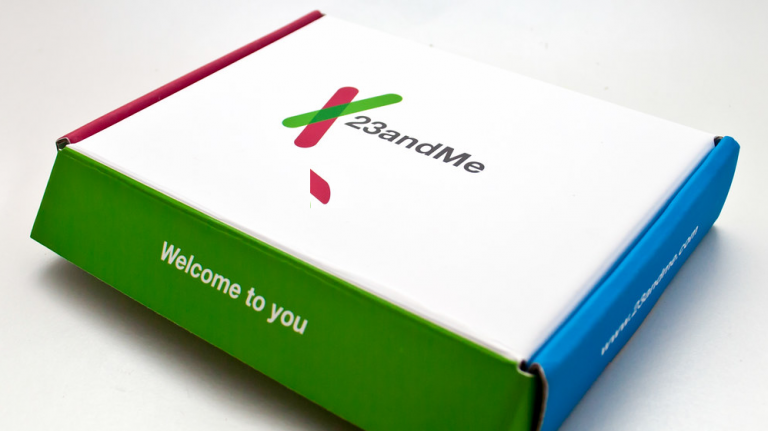The CEO of 23andMe told CNBC her company will lay off 100 people as sales of its direct-to-consumer gene tests slump.
“This has been slow and painful for us,” CEO Anne Wojcicki told the website, which estimated the cuts would pare about 15% of the company's staff.
Boom times: Sales of DNA tests that tell people their ancestry and health facts started booming a few years ago, propelled by TV and Internet ads hawking the promise that people could gain unique insights from their genes.
During 2018, the total number of people who had ever bought the tests doubled, swelling the databases of 23andMe, Ancestry, and several smaller companies to over 26 million people altogether.
The bust: Now, all signs are that sales of the $99 consumer tests slowed dramatically in 2019.
Our own calculations suggest the largest companies sold only four to six million of them, meaning the databases would have grown by just 20% during the year. That would have been the slowest growth rate for the DNA test industry ever.
Uncertain causes: It's not clear why consumers stopped buying tests in droves. It could be that the market is tapped out, and there aren't many people left curious to learn what percent French or Nigerian they are, or whether they are at risk for going bald.
Others may have concerns about their DNA data staying private, since police have started accessing smaller ancestry databases to carry out genetic manhunts.
Ancestry, which maintains the largest database with more than 16 million people, did not answer questions about whether it had seen a sales slowdown. Last year, Ancestry introduced new health offerings in what some analysts saw as a bid spark a "re-testing" market, or coaxing consumers to pay for an additional test.

